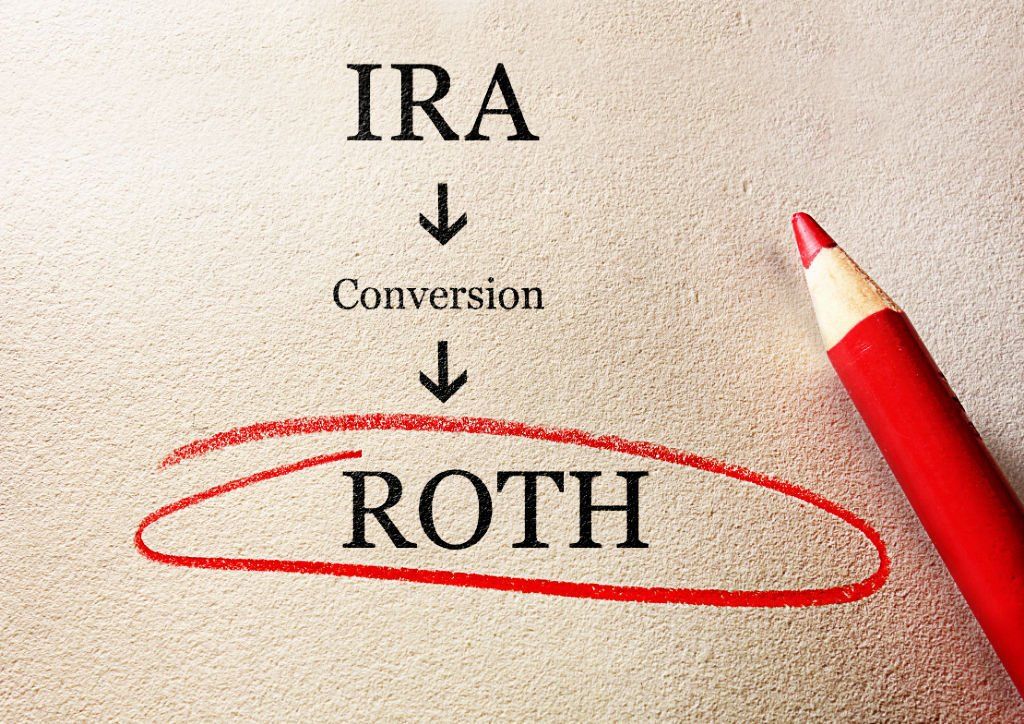American Politics and Your Personal Prosperity

Originally written on 11/22/2016.
The recent 2016 election has had millions of Americans stirred up for several months. In reality, how important is politics in our achieving personal prosperity?
I would like to think that politics doesn’t matter so much in my pursuit of personal and financial goals. Maybe some would appeal to God being in control of politics as a reason for not being so concerned with such a nasty business. Maybe some see government as something of a surrogate god to supply their needs, and thus view politics as all-important. Both of these views are flawed extremes.
Let’s first think about the American experiment. The United States has only six percent of the world’s land mass and a similar percent of the world’s population, yet has approximately 30% of the world’s gross domestic product and over 50% of the world’s common stock market capitalization.
John Gordon Steele writes in his economic history of America, An Empire of Wealth ,
"Thus
America's [conquest] is an empire of wealth, an empire of economic
success...the country has always had
a vast, varied, and fecund national territory, abundant natural
resources, and a large and well-educated population. But Argentina had
all these assets as well, and hasn't fought a protracted war
since 1870. Yet it struggles just to maintain its status as a developed
nation. Its GDP is less than a third that of the United States per
capita.
Much of the reason for the difference is politics, for Argentina
politics, inherited from Spain's control-from-the-top imperial system,
has all too often destroyed wealth...But American politics had
the great fortune to be grounded in English traditions, especially the
idea that the law, not the state, is supreme. The uniquely English
concept of liberty--the idea that individuals have inherent
rights, including property rights, that may not be arbitrarily
abrogated--was also crucial.
In the providence of God, it was not just our geographical advantages, resources and climate that helped America succeed—but also America’s political emphasis on individual liberty, which means limited government interference."
Another stark example is illustrated in this aerial photograph of the Korean peninsula at night. Note the difference between a free South Korea and a state-controlled North Korea. I saw a documentary of a young man who had escaped from North Korea as a teenager in the camps. He said his constant companion in North Korea was hunger. When he experienced South Korea for the first time, with its bright lights and smart phones, he said the only thing that impressed him was the abundance of food.

The title of Eric Metaxas’ new book If You Can Keep It: The Forgotten Promise of American Liberty is from Benjamin Franklin. Leaving Independence Hall on the last day of the Constitutional Convention in 1787, Benjamin Franklin was approached by a concerned citizen named Mrs. Powell. “Well, doctor,” she asked, “what have we got? A republic or a monarchy?” Franklin replied: “A republic, madam — if you can keep it.”
In the book, Metaxas borrows a concept from English author and social critic Os Guinness. Guinness describes The Golden Triangle of Freedom as freedom, virtue, and faith. “Freedom requires virtue; virtue requires faith; faith requires freedom.” The founders’ view of freedom was not moral license, because they knew a lack of virtue leads to tyranny. And they believed this virtue resided in nature (in the human conscience) and the source was nature’s God. So people should be free to practice their devotion to God, which would promote good character, and thereby preserve freedom.
Dr. Frank Turek points out the wisdom in government promoting certain good behaviors, permitting most behaviors, and prohibiting certain bad behaviors. The governments’ centuries-old support of marriage would be an example of promoting good behavior, since marriage perpetuates and stabilizes society. Laws against prostitution, on the other hand, would be an example of prohibiting bad behavior. Laws which protect marriage and families, as a by-product, boost the economy, since tax dollars are often needed to aid broken families. So, freedom, virtue, and faith also promote financial prosperity.
Freedom will also necessarily result in wealth inequality. If individuals are free to live their own lives as they see fit, they will have different levels of financial prosperity--because people are different. A person who is free and chooses to never develop any skills, or who develops a skill that is not in high demand, can expect to have a lower income in a free market than an ambitious person who works hard to develop skills that are in high demand. People are free to work less hours and earn less money or work more hours and earn more money. Customers are also free to spend their money on products and services they value and not spend their money on things they don’t. This is what freedom looks like, and it is good. See Prager University’s thoughtful video Income Inequality is Good.
These are just a few examples of how politics impacts personal prosperity. In a society that promotes the common moral good, punishes government corruption, eliminates excessive regulations, and minimizes taxes, people have more opportunities to work hard, save, invest, and give to the needy--and if they fail, to try again. Some will capture the opportunity; some will not. This is not unfair. This is freedom at work.
This spirit of freedom is our American heritage. It is the spirit of America’s immigrants who had the faith and grit to get up and go to the New World for the oportunity of religious freedom and economic prosperity.
Let’s do our part in fighting for freedom, virtue, and faith, and give thanks to God every day for the blessings of living in this great country.


Travis Echols , CRPC®, CSA
Receive free Social Security Guide by email




Investment Advisory Services offered through JT Stratford, LLC. JT Stratford, LLC and Echols Financial Services, LLC are separate entities.











